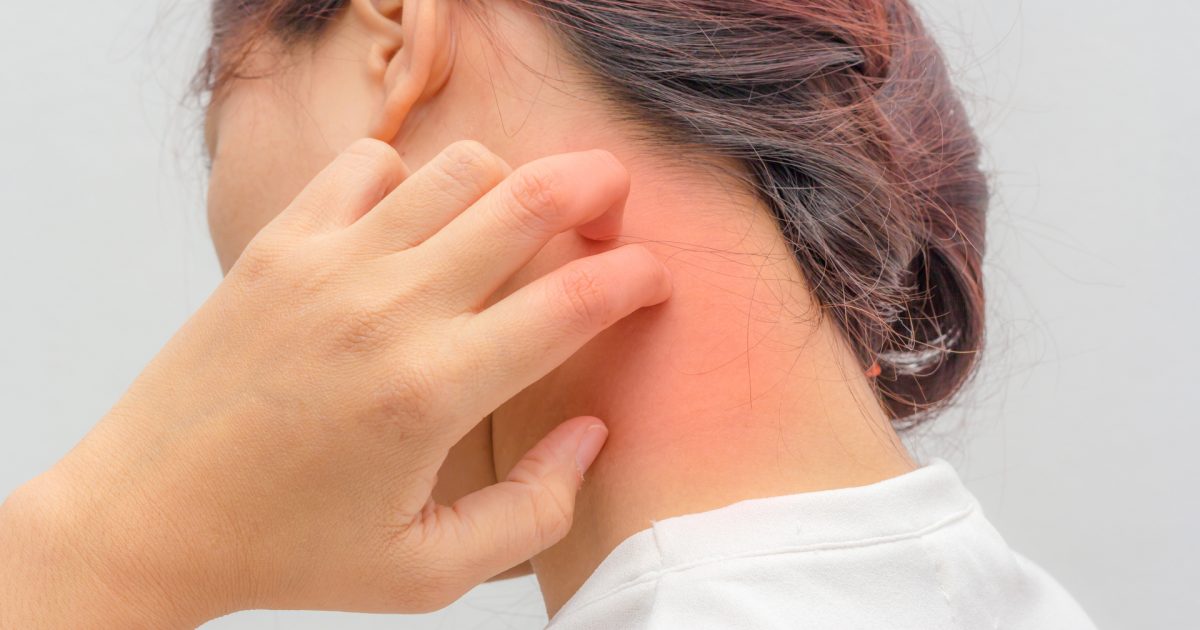Ancient history has a track record for being a bit dry, but the history of Aspirin is a distinct exception. It’s been prescribed for pain as far back as 400 BC. You can learn more with a quick search online.
Today, the acid from willow bark and willow leaves are still the active base ingredient in aspirin and, since 1899, it continues to be a boon to the pharmaceutical world. Here are 12 things you didn’t know about aspirin.
Aspirin Is Amazingly Widespread
The Guinness Book of World Records consistently shows that aspirin is overwhelmingly the world’s top-selling drug. To that end, around 100 billion aspirin tablets are produced every year. After all these years, aspirin is so popular that approximately 3,500 scientific articles are written every year about it.
Aspirin May Be Ubiquitous, But It’s Not Completely Safe
Caution! Like most drugs, aspirin has side effects, and can be especially harmful when mixed with other products. Doctors warn that the chance of side effects increases when aspirin is taken in combination with other prescriptions, over-the-counter medicines, cough syrups and sleeping pills, vitamins, herbal and dietary supplements, alcohol and sometimes certain foods and beverages.
For instance, people who already use a prescribed medication to thin the blood should not use aspirin unless recommended by a doctor. There are also supplements that thin the blood and could interact with aspirin. Using aspirin with alcohol or with another product that also contains aspirin, such as self-prescribed cough and sinus drugs, can increase the chance of side effects as well.
Aspirin can cause a condition called Reye syndrome, which can lead to swelling in the brain and liver. So avoid giving aspirin to children and teenagers unless you have their pediatrician’s approval.
Some medical conditions, such as pregnancy, uncontrolled high blood pressure, bleeding disorders, asthma, peptic (stomach) ulcers, liver and kidney disease, could make aspirin a bad choice.
Never take aspirin without food. Aspirin on an empty stomach may affect the inner lining of the stomach and cause stomach irritation, and risks of gastrointestinal problems like ulcers, stomach burning, pain and cramps, nausea and internal bleeding.
Aspirin Can Treat More Than 50 Disorders
Aspirin reduces the risk of heart disease and strokes. Daily or every-other-day aspirin therapy reduced the risk of coronary heart disease.
It reduces risks of blindness, stroke and kidney failure for diabetic patients, and may reduce the risk of some cancers. Findings of the National Cancer Institute (NCI) show that men at high risk for colon cancer taking two aspirins daily reduced their risk of colon cancer by 63 percent, and that women who took aspirin daily may reduce their risk of ovarian cancer by 20 percent and were 13 percent less likely to develop breast cancer.
Aspirin also has anti-blood clotting mechanisms, which may improve the blood flow to the brain and may lower the risk of developing Alzheimer’s disease.
If You Have Asthma, You Might Be Allergic to Aspirin
About 10 percent of people with severe asthma are also allergic to ASA—and, in fact, to all products containing salicylic acid (ASA’s key ingredient), including some cold medications, fruits, and food seasonings and additives. That percentage skyrockets to 30 to 40 percent for older asthmatics who also suffer from sinusitis or nasal polyps.
Aspirin Can Be Used as an Acne Treatment
Aspirin can reduce swelling, unclog pores, and even soften skin, and the active ingredient in aspirin (acetyl salicylic acid) has antiseptic, anti-inflammatory properties that help treat acne. The salicylic acid also helps clear anything that’s trapped in the hair follicle or pore.
Aspirin Can Help Defeat Calluses
Aspirin is a callus remover. To unlock its callus removing properties, simply mix the powder of six aspirin tablets with half a teaspoon of water and lemon juice. Glob on to the callus and cover with a warm piece of cloth. After fifteen minutes, remove the cloth, and rub the softened callus using a pumice stone.
Bites and Stings Are No Match for Aspirin
Aspirin relieves the inflammation caused by mosquito bites and bee stings. Just wet the skin and rub an aspirin tablet over the bite or sting and enjoy relief from pain and irritation.
Aspirin Has Dandruff Controlling Properties
Some popular dandruff shampoos use salicylic acid to control the dry, dead skin that causes dandruff. To make your own DIY dandruff solution, crush two uncoated aspirins into a powder and combine it with a tablespoon of shampoo. It exfoliates the scalp and helps remove dead skin layers that cause dandruff.
Sweat Stains Begone!
Crushing two aspirins to a fine powder, pouring it into half cup warm water, and soaking the stained part of the clothing for two hours will get rid of most sweat stains.
Aspirin Lengthens the Life of Cut Flowers
Add two crushed aspirins into the water in the vase your fresh cut flowers are in, and watch the flowers last longer. Plus, they’ll never get a headache.
Restore Hair Color After Chlorine Damage With Aspirin
Swimming in a chlorinated pool can have a noticeable, and often nuisance effect on hair coloring, especially for particularly light-colored hair.
You can return your locks to their glorious former shade by dissolving six to eight aspirins in a glass of warm water. Rub the solution thoroughly into the hair, and let it set for 10-15 minutes.
Aspirin Is a Hickey Concealer. Yep, Seriously.
A hickey can be embarrassing. Hide it by dissolving an aspirin in a half-cup of lukewarm water, apply the mask directly to the hickey or rub it with aspirin solution, then rinse with an eye dropper.
It has been shown to instantly soothe the hickey’s inflammation and redness while encouraging blood flow to the surface of the skin. If the hickey is still visible, you can further hide it with actual concealer.
